What To Do If Someone You Love Has Been Drinking Too Much During The Pandemic
Supporting our artist community is at the heart of what we do. Each day we’re going to be sharing some important tools, opportunities, and resources for artists on our blog. Follow along and reach out if you need additional support.
Today we’re going to share some info on what steps to take if you are worried about a loved one who has been drinking too much during the pandemic.

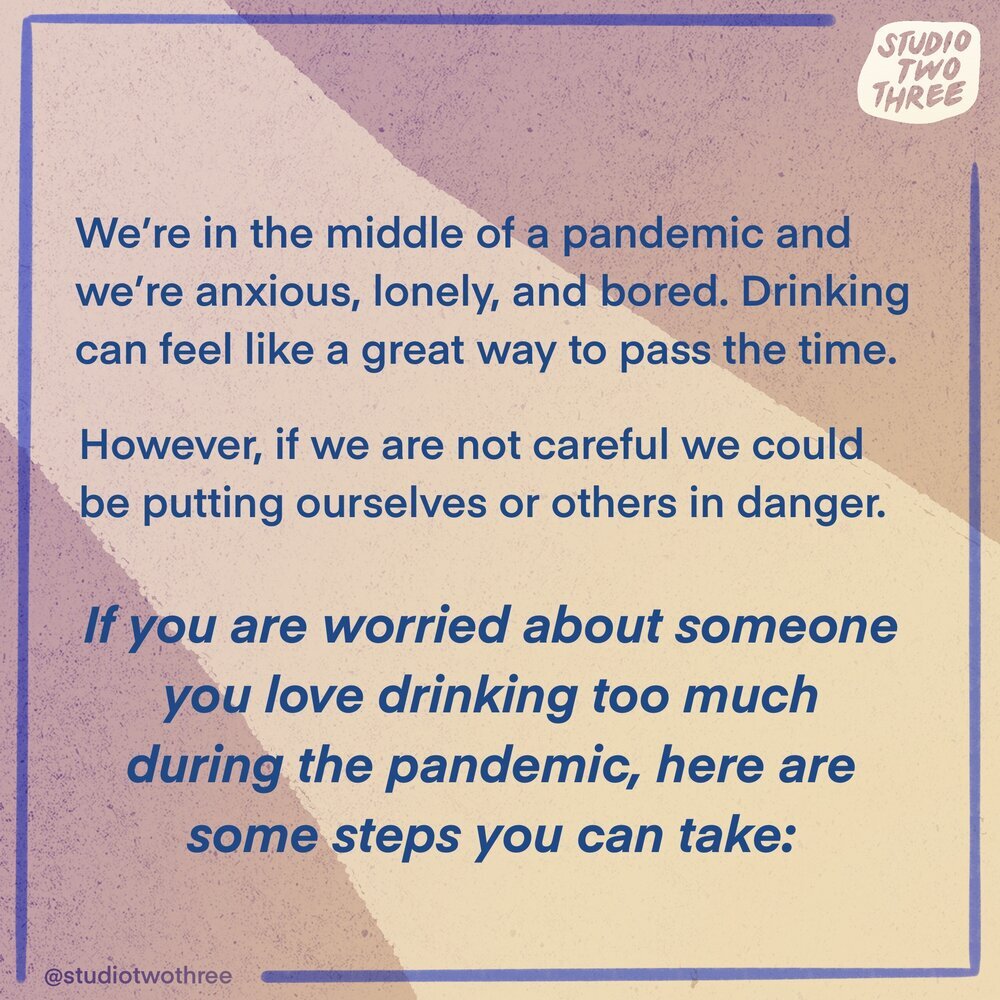
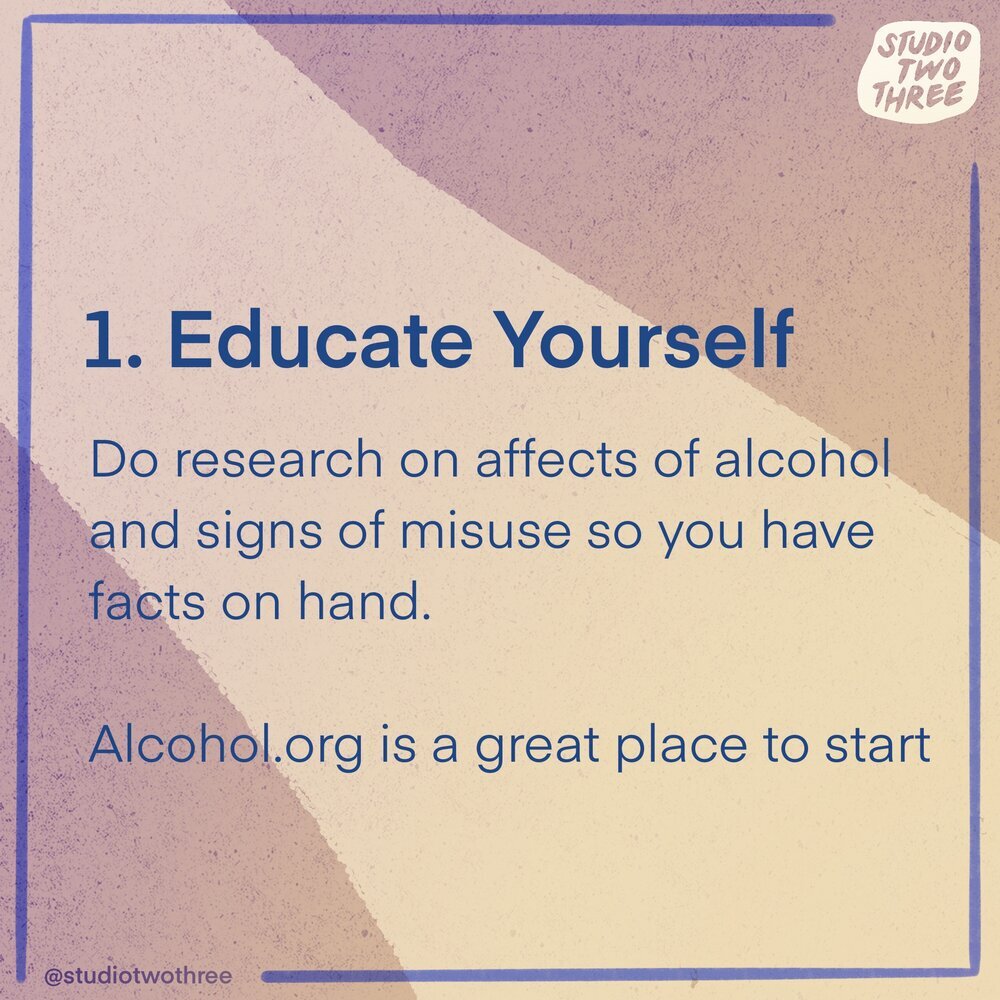
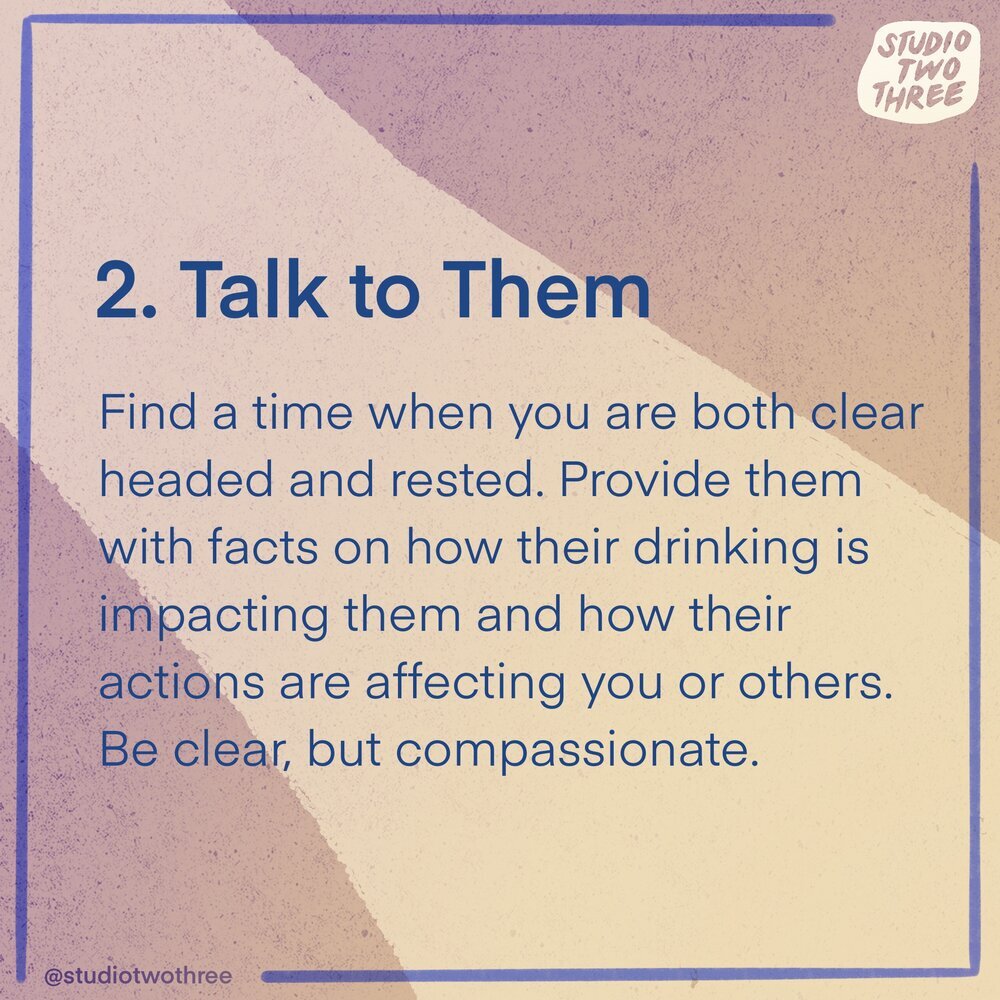
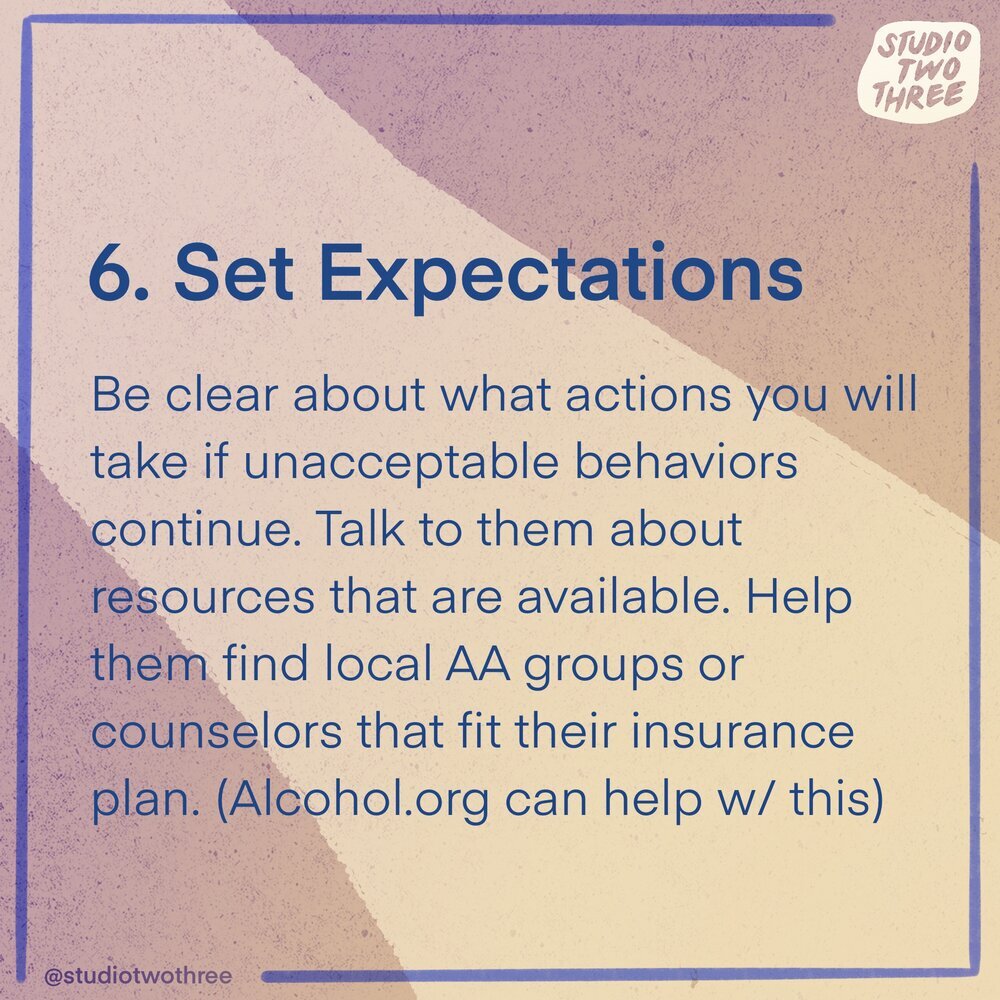
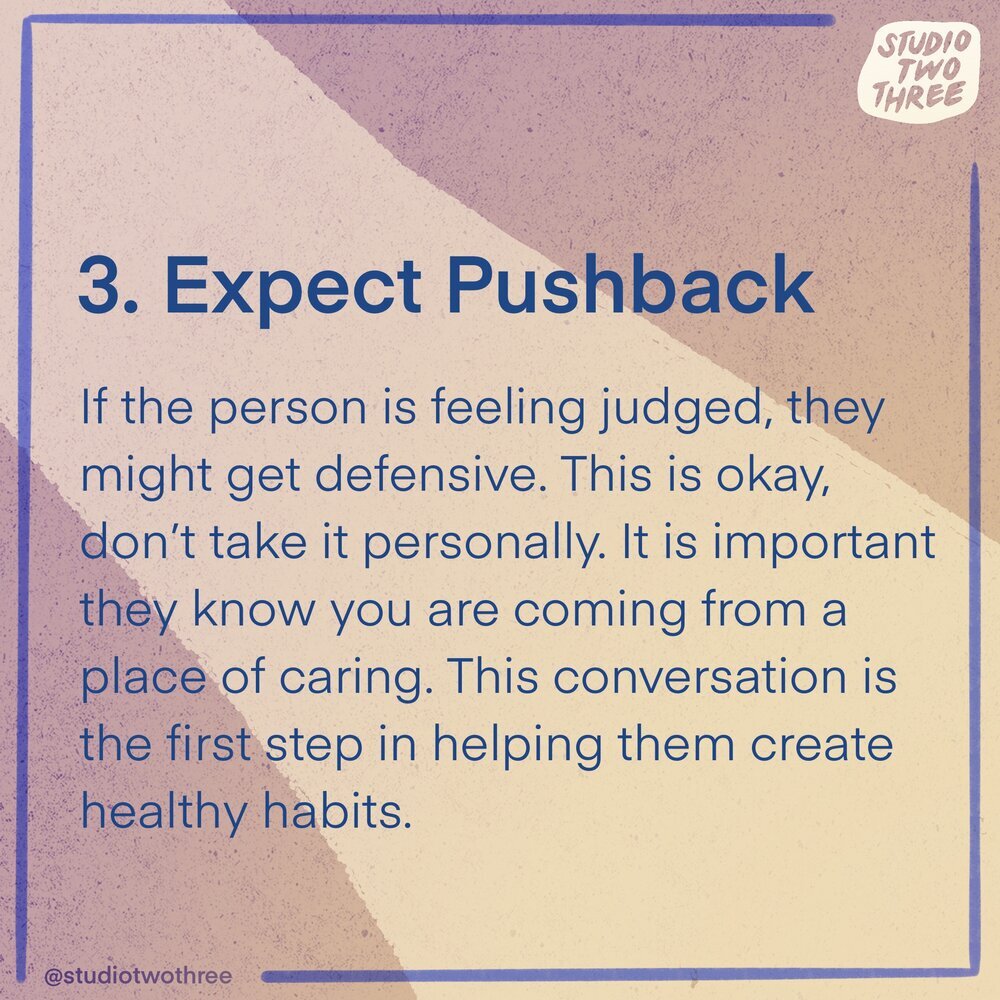
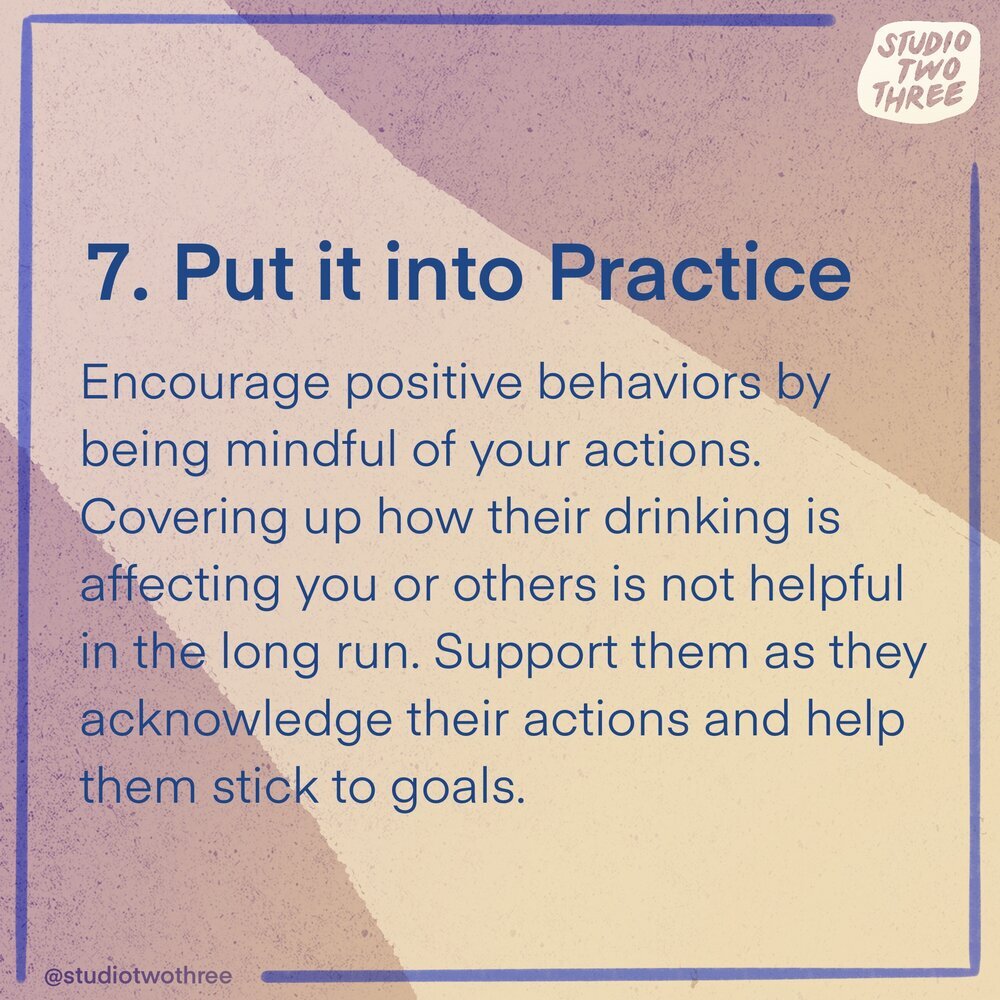
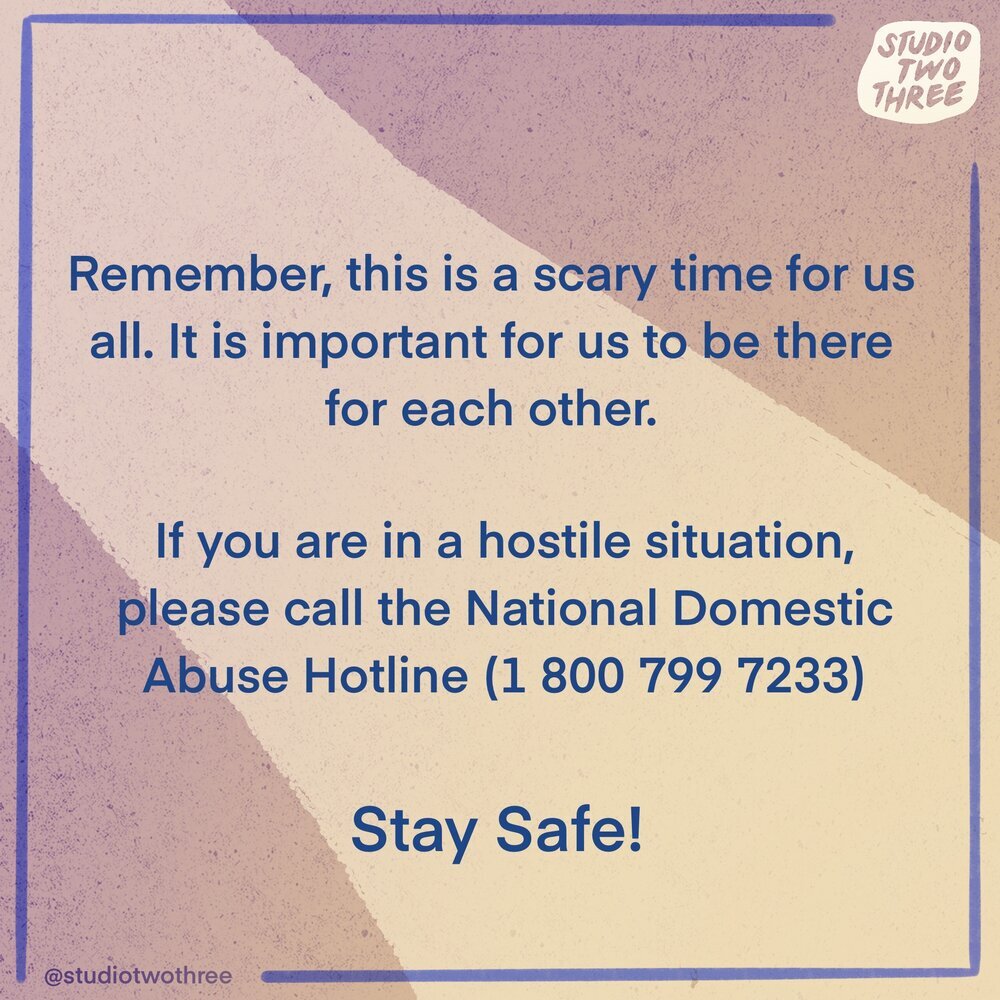
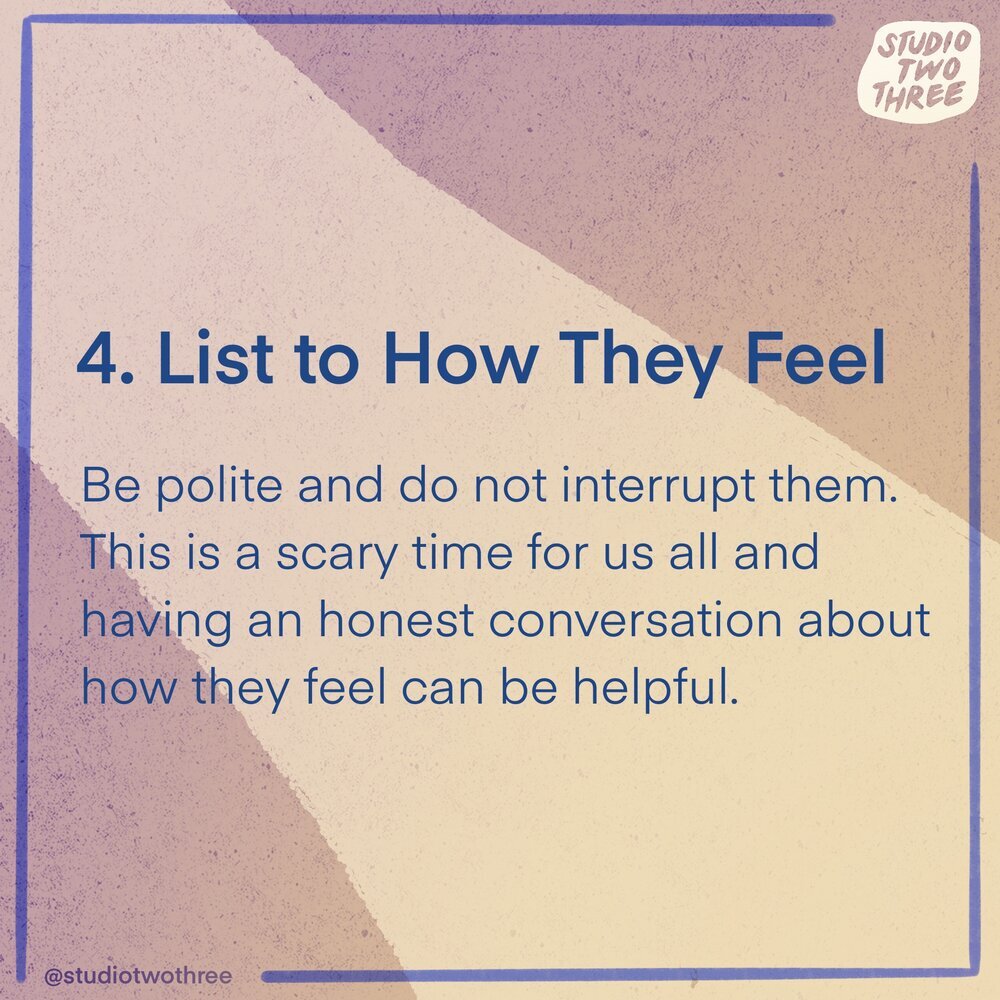

There have been a lot of memes lately about drinking going around right now. It makes sense! We’re in the middle of a pandemic and we’re anxious, lonely, and bored. Drinking can feel like a great way to pass the time. However, if done excessively, it can increase our chances of getting ill and if we are not mindful, can create hostile situations for those we are isolating with.
If you are worried about someone you love drinking too much during the pandemic, here are some steps you can take:
Educate yourself
Do research on the effects of alcohol and signs of misuse so you have facts on hand. Alcohol.org is a great place to start. Includes specific COVID-19 resources.
Talk to them
Find a time when you are both clear headed and rested. Provide them with facts on how their drinking is affecting them and talk about how it is affecting you or others. Be clear, but compassionate.
Expect pushback
If the person is feeling judged, they might get defensive. This is okay, don’t take it personally. It is important to make sure they know you are coming from a place of caring. This conversation is the first step in helping them create healthy habits.
Listen to how they feel
Be polite and do not interrupt them. This is a scary time for us all and being open to an honest conversation can be helpful
Make a plan
Help them make realistic goals. Don’t encourage changes that cannot be kept. Finding a compromise and focusing on smaller goals is a great first step.
Set expectations
Be clear about what actions you will take if unacceptable behaviors persist. Talk to them about resources that are available. Help them find local AA chats or counselors that fit in their insurance plan. (alcohol.org can help with this)
Put it into practice
Encourage positive behaviors by being mindful of your own actions. Covering up how their drinking is affecting others is not helpful for them in the long run. Support them as they acknowledge their actions and help them stick to set goals.
Again, remember this is a scary time for us all. It is important for us to be there for one another. If you are in a hostile situation, please call the National Domestic Abuse Hotline ( 1 800 799 7233)
